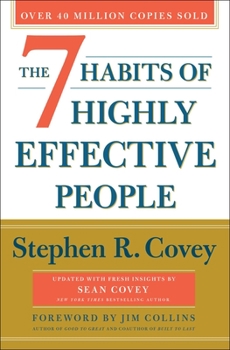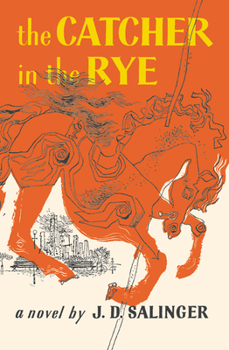Elinor Carucci: Diary of a Dancer
Select Format
Select Condition 
Based on Your Recent Browsing
Book Overview
"I have been a professional Middle Eastern dancer, or as it is called in the West, belly dancer, for ten years. I photographed this collection of images during a period of three years, in which I performed mostly around New York City's five boroughs, their vicinity and parts of New Jersey. I traveled to shows with a married couple, Israelis like myself, who were my agents. He was the drummer, she did the jewelry, so we were a small, tightly knit creative...
Format:Hardcover
Language:English
ISBN:3865211550
ISBN13:9783865211552
Release Date:September 2005
Publisher:Steidl
Length:96 Pages
Weight:1.90 lbs.
Dimensions:0.7" x 9.5" x 13.0"
Customer Reviews
6 customer ratings | 5 reviews
There are currently no reviews. Be the first to review this work.





























